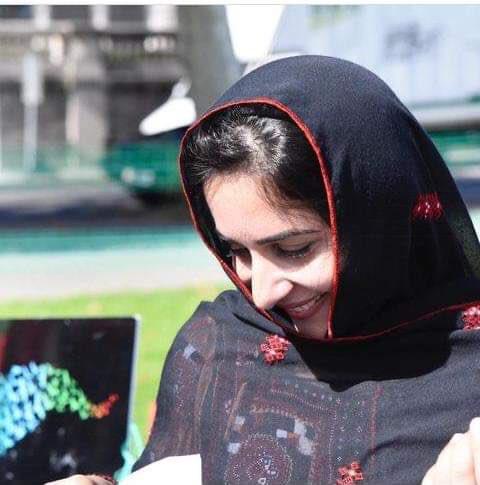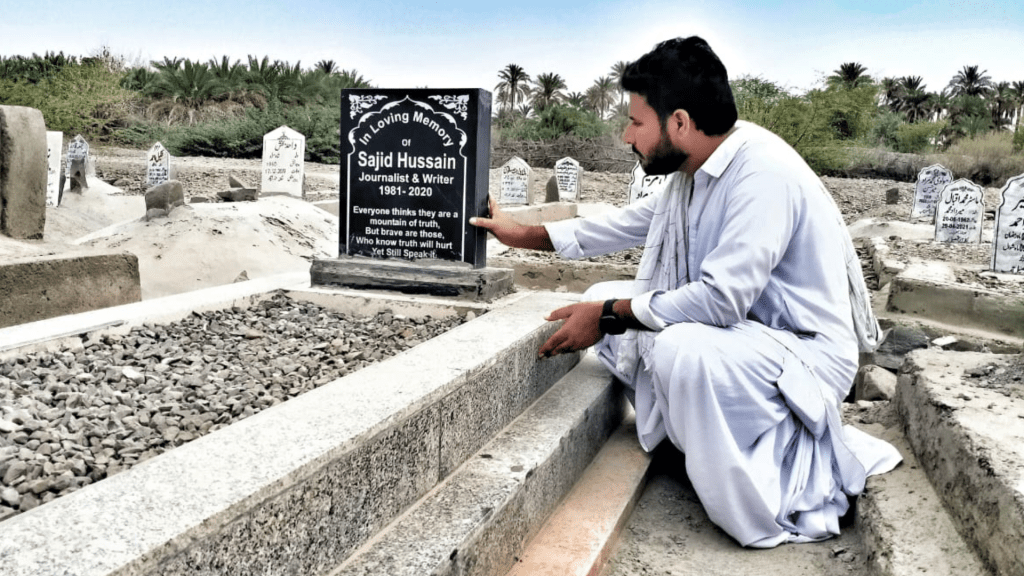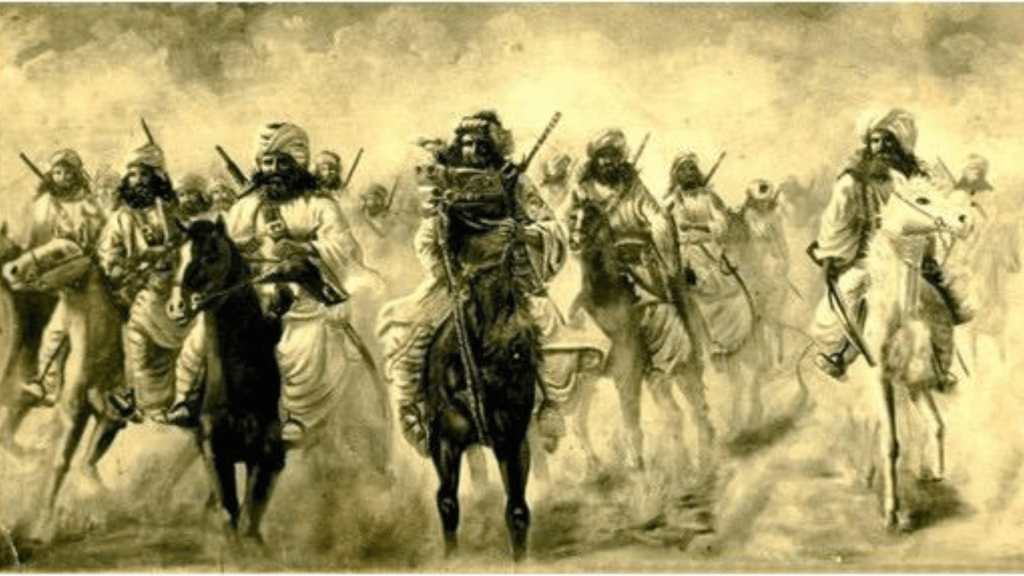We were glad when Canadian authorities issued my sister Karima Baloch a visa due to her political activism in Balochistan and the threats to her life by the Pakistan army. We were thankful because, after years of hardships for our family and Balochistan, a Western progressive country recognised her work. We thought she would now freely speak out against the injustices in Balochistan and would not have to look over her shoulder all the time the way she would in Pakistan. But we were taken aback and felt hurt when after she reached the country in 2015, Canada started an investigation against her.
They delayed her asylum case hearing and after a toil of two years when she was finally granted protection as a refugee, her paperwork took much longer than normal to complete. Her permanent residency documents were issued only a month before her death, after five years of living in Canada. I have often wondered, and still do, what the authorities needed to know about her when they were the ones who issued her a visa in recognition of her work. One would be forgiven for assuming that they had already done a background check before issuing her a travel permit.
I think the system was abused at the behest of the Pakistani lobby in Canada to frustrate her. As her brother and as a witness to this whole ordeal, I have felt it was a tactic to victimise her institutionally and deny my sister a fundamental human right by delaying her refugee claim hearing. She suffered enormously due to this. We had expected that a western progressive democratic country like Canada would not listen to the Pakistani state’s narrative while dealing with Karima. She could obviously not travel outside the country for the first few years. She could not concentrate fully on her activity due to the constant hearings and questions from the authorities. The irony is the investigation was based on statements from ISPR trolls and the state narrative about the Baloch struggle. I would never make sense of why a country such as Canada with respect for rule of law would, while listening to Karima’s asylum case, pay attention to the propaganda of Pakistan, whose intelligence agencies chased her out of her own land. It was all just sad.
Since her first days in Canada, she had been pointing out the threats to her life and her family back home. Some of these threats even materialised with our uncle Master Noor Ahmed’s abduction by the Pakistani military in 2016 and then his extrajudicial killing on January 2, 2018, the day she was travelling from Toronto to Montreal for her asylum case hearing. In the courtroom, a grieving Karima had to listen to officials telling the judge they had left the file of ‘evidence’ against her in Toronto. They requested a further delay in her case, which had already taken three years to process.
I wonder what had prompted the Canadian security machinery to open up an investigation against a woman who belonged to a marginalised ethnic community, who had lost friends and family at the hands of an oppressive state.
There is no doubt in my mind who was responsible for Karima’s plight. It was Pakistan, the state which persecuted not only her friends and family but also the Baloch people as a whole and forced her to leave her homeland. The Canadian government continues to remain silent regarding her suffering and the humanitarian crisis in Balochistan. What’s also perplexing is that not many western democracies, including Canada, have spoken against the grave human rights violations conducted by a nuclear state and its mighty army. I and Karima were firsthand victims of this tyranny. We lost family, home and our identity due to this prolonged displacement.
Another curious thing is that when Karima was frequently in contact with the Canadian security operatives and clearly expressed the threats she and her family were facing, they did not take those threats into account when investigating her death. We cannot look at Karima’s death as an isolated event. The constant threats to her even when she was in Canada should have been looked into as well.
It saddens me greatly that she was not given a chance to continue her struggle the way she would have liked. She came to Canada to help ease the pain and suffering of her people. Karima wanted to knock every door for the release of her missing friends. She wanted to tell the world what was happening in Balochistan. Above all, she wanted a life with dignity. A brave woman was denied that chance.
Sameer Mehrab is a writer and co-founder of Balochistan Times. He often depicts Balochistan's socio-political dilemmas in his fiction and poetry. He is based in Canada.



